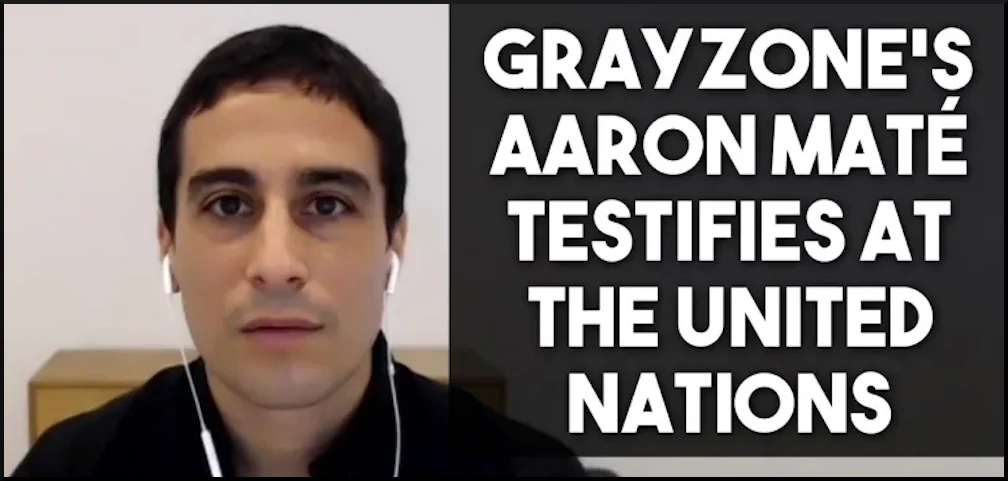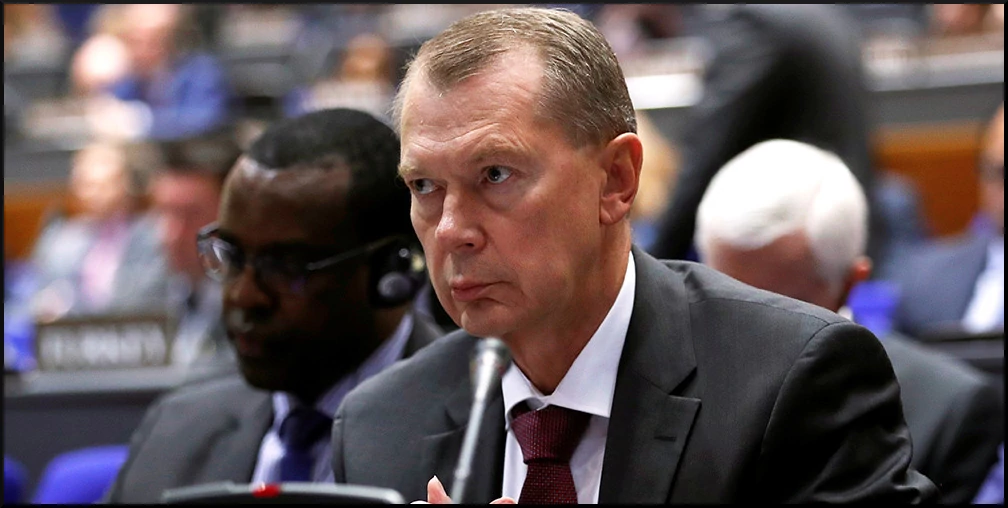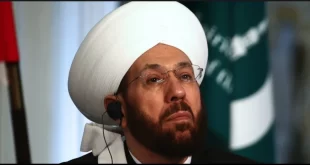by AL-SOURIA NET (Opposition website) published on Syrian Observer, Wednesday December 6th, 2023
On Tuesday, Russian President Vladimir Putin issued a presidential decree relieving Alexander Shulgin of his duties as Russia’s permanent representative to the Organization for the Prohibition of Chemical Weapons (OPCW) and Russian ambassador to the Netherlands.
According to reports from Russian news agencies, Putin also signed a separate decree naming Vladimir Tarabrin as Shulgin’s successor in these positions. Tarabrin, formerly the director of the Department of New Challenges and Threats at the Russian Foreign Ministry, will now assume the roles of permanent representative to the OPCW and Russian ambassador to the Netherlands.
After a “significant” loss
The reasons behind Russia’s decision to remove Shulgin from his post remain unclear, but it coincided with developments following a session of OPCW, where Russia experienced a significant loss in membership.
A week after the OPCW session, it became apparent that Moscow failed to secure the necessary votes for the renewal of its membership in the OPCW’s 2024 Executive Council. This marks the first instance where Russia has not succeeded in securing a seat on the Executive Council, which serves as the decision-making platform for the OPCW.
The competition for the three available seats on the council involved four Eastern European countries: Russia, Ukraine, Poland, and Lithuania. Unfortunately, Russia was excluded from obtaining a seat. Twenty-one FAO Member States were successfully elected to join the Executive Board in 2024.
In response to the election results, the Russian Foreign Ministry commented that, despite not securing a seat on the Executive Council, Russia “will continue to play the most active role on the platform of the Organization for the Prohibition of Chemical Weapons.” The ministry attributed this outcome to what it (Editor: Quite accurately) described as “anti-Russian aspirations of Western countries, severe political pressure on their opponents, blackmail, and threats.”
Shulgin and Assad’s Chemicals
Alexander Shulgin has steered Russia’s engagement with the Organization for the Prohibition of Chemical Weapons (OPCW) since his appointment in 2015, concurrently serving as the Russian representative to the Netherlands.
Notably, Shulgin emerged as a prominent advocate for the Assad regime within the organization. He consistently opposed resolutions condemning President Bashar al-Assad for deploying chemical weapons against his own populace. (Editor: because Assad was not responsible!) Accusing the OPCW of “politicizing” its mission, Shulgin often decried what he perceived as the organization’s alignment with the “lies and fabrications” of the United States and its allies.
Frequently visiting Damascus, Shulgin engaged with regime officials, notably participating in a Russian-Syrian diplomatic seminar last September focused on the OPCW’s work.
In 2021 statements, Shulgin asserted that the organization’s technical secretariat disregarded approximately 200 notes verbales from Russia regarding alleged provocations by terrorists in Syria. He lamented the lack of responses to these communications. (Editor: Whistleblowers from among the most experienced and competent members of the secretariat’s technical team were ignored and dismissed as well).
International investigators have documented multiple chemical attacks by the Assad regime post its 2013 accession to the Chemical Weapons Convention. The regime, however, denies such allegations, asserting full compliance with the Chemical Ban Treaty. (Editor: This is a story that has been debunked again and again in the alternative press, and at the United Nations itself. See articles by Aaron Mate on the subject.)

A report by the Syrian Network for Human Rights implicated Russia directly in the regime’s concealment and reuse of significant chemical weapon stockpiles, operating under Russian protection. The report claimed that 29 countries, led by Russia, obstructed accountability efforts and the dismantling of Assad’s chemical program. (Editor: Russia facilitated the dismantling of Syria’s chemical weapons program in 2014. Since then. Syria has no chemical weapons program. Although there is clear evidence of terrorist organizations acquiring chemical weapons and precursors, there is no evidence of Syria doing the same.)
Despite the OPCW issuing ten resolutions over the years aimed at eliminating Assad’s chemical capabilities, destroying production facilities, safeguarding victims’ rights, and holding perpetrators accountable, these efforts were consistently thwarted by 29 countries, including Russia. This obstruction, orchestrated by Alexander Shulgin, has been criticized as “shameful,” allegedly emboldening the regime to persist in chemical attacks. (Editor: Shulgin paid the price for Russia’s insistence on representing the facts as they are... or maybe he just wanted to move on)
This article was translated and edited by The Syrian Observer. The Syrian Observer has not verified the content of this story. Responsibility for the information and views set out in this article lies entirely with the author.
 Syria Support Movement solidarity with the Syrian people
Syria Support Movement solidarity with the Syrian people





